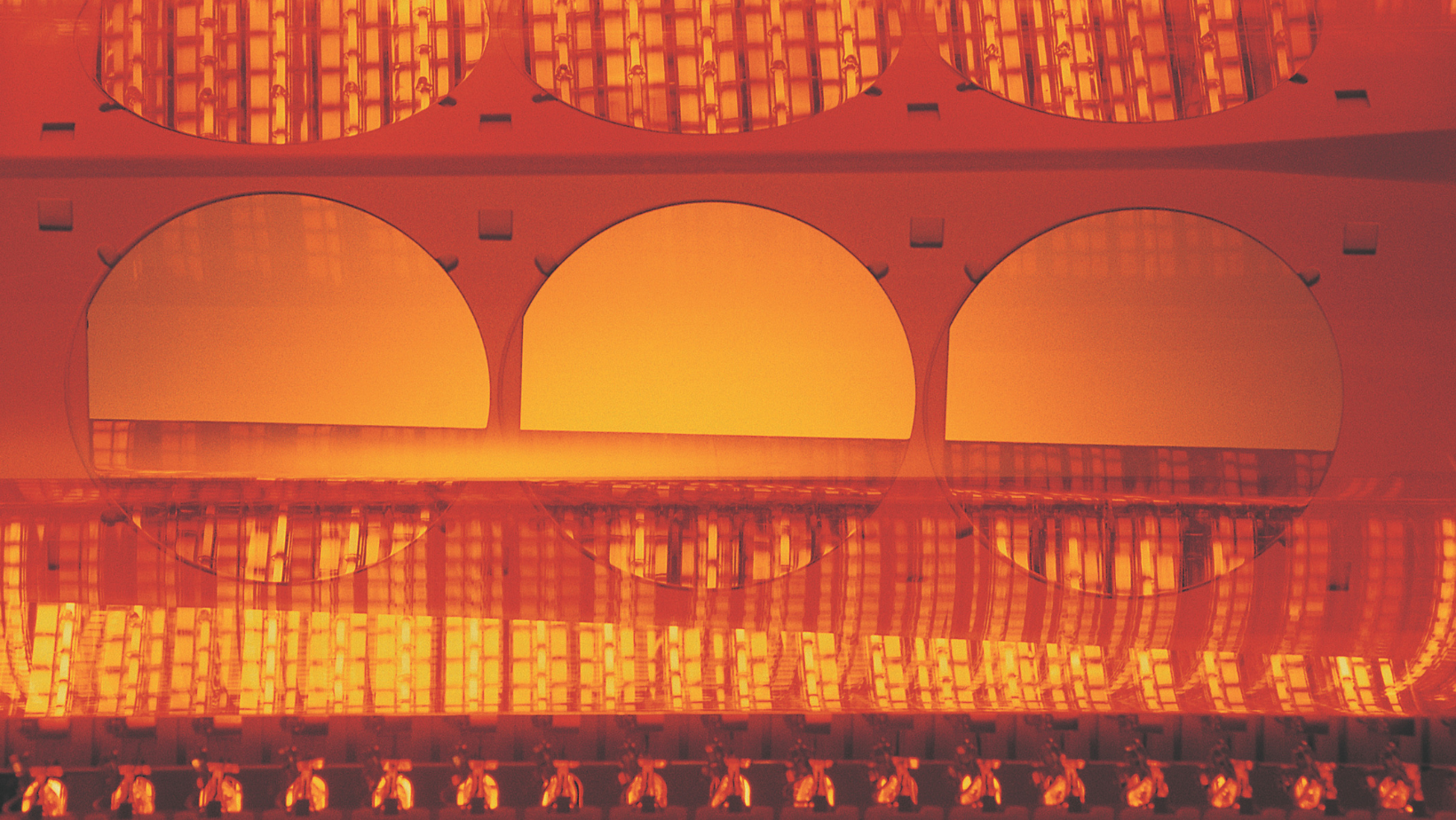
Buyer’s Guide to High-Temperature Thermoplastics
From aerospace engines to semiconductor tools to oilfield equipment, performance polymers are rewriting the rules for what’s possible.
At the very top of this category are high-temperature polymers, also known as super engineering plastics. Unlike conventional plastics that soften, creep, or melt when subjected to heat, these materials maintain their strength and integrity even at temperatures of 200 °C, 300 °C, or 400°C. For engineers and procurement teams, selecting the right one can mean the difference between costly downtime and a part that reliably performs time after time.
What Makes a Polymer “High Performance”?
Think of polymers as a pyramid: commodity plastics, at the bottom, are affordable and used for packaging and bottles; engineering plastics, such as nylon and polycarbonate, are tougher and more versatile; and super engineering polymers are engineered for harsh environments, replacing metals.
High-performance polymers are characterized by their ability to retain properties under heat, stress, and chemical exposure. They don’t warp at 150°C. They don’t dissolve in harsh solvents, alcohols, jet fuel, or crack in hot hydraulic fluid. Instead, they remain strong, providing dimensional stability and durability in conditions that damage ordinary plastics. For buyers, that means fewer replacements!

When Heat Is the Enemy
Heat is the most unforgiving test for any material. Many plastics start to lose strength well below 100°C. In industrial settings, that simply won’t cut it. High-temperature polymers, however, are designed for these environments.
Consider PEEK, a fundamental material used in high-performance applications. It can operate continuously at around 250°C while keeping its mechanical strength. Similarly, Torlon® PAI, known for its surface hardness and thermal durability, is highly preferred in demanding wear-related uses. Polyimides, such as Vespel®, further enhance this performance, tolerating short-term exposure to temperatures up to 300°C.
Celazole® PBI stands at the pinnacle of thermoplastic performance, with a glass transition temperature of 427 °C—the highest of any known thermoplastic. At this threshold, most polymers lose structural integrity, melting, creeping, or deforming into nonfunctional masses. In contrast, PBI retains its mechanical strength and dimensional stability, maintaining reliable performance under conditions that render other materials unusable.
Wear Resistance
Heat is only half the battle. Friction and wear can destroy even the toughest materials if they’re not engineered to withstand them. Bearings that seize. Bushings that deform. Seals that crack under pressure. When parts fail prematurely, production halts and costs mount.
This is where high-performance polymers shine. Many of them are self-lubricating, maintaining low friction without the need for constant oil or grease.
Celazole® PBI, for instance, combines extreme compressive strength with unrivaled wear resistance, giving parts a life span far beyond what traditional polymers can deliver. In semiconductor testing, PBI parts have replaced Alumina lifting pins, extending the life cycle while reducing wafer contamination, pin breakage, and wafer scratching.

Questions to Ask When Buying
Naturally, no single polymer works perfectly for every application.
If you’re trying to determine if PBI would fit your current needs, ask yourself the following questions:
- Can the polymer handle the continuous and peak heat of the environment?
- Will it resist deformation under stress?
- How long will it last under moving contact?
- Will it stand up to fuels, solvents, plasmas, or corrosive gases?
- Does it need to be injection moldable, or is machining acceptable?
- Will the material’s longevity justify its price point?
Real-World Example
The High PV Wear Case Study demonstrated that Celazole TL-60 significantly outperformed other high-performance polymers, such as Vespel SP-21, Torlon (4203, 4275, 4435), and PEEK 450FC30, in thrust washer tests under extreme pressure–velocity conditions.
Unlike PEEK, Torlon, which melted or deformed early, and Vespel, which caused higher friction, hotter temperatures, and fractured washers, TL-60 had consistently lower wear, friction, and cooler surfaces.
In fact, TL-60 was the only polymer to survive over 2,500 psi at 50 ft/min and run successfully at 4,000 psi (200,000 PV) for extended periods. Both injection-molded and machined TL-60 samples performed nearly identically, with the machined samples running approximately 30°F cooler at high speed.
These results prove that Celazole® TL-60 not only runs cooler and smoother than competing polymers but also sets new benchmarks for load-bearing capability, wear resistance, and service life in high-PV applications.
FAQs Procurement Teams Ask
- What’s the most heat-resistant polymer available? PBI leads the pack with a 427°C glass transition temperature.
- How does PEEK compare to PBI? While PEEK is more widely used and can be easier to mold, most companies that have experience and equipment to mold PEEK can also mold Celazole® T-Series. T-Series survives temperatures and pressures that PEEK cannot.
- Can polymers really replace metal? In many applications, yes. High-performance plastics offer similar strength with reduced weight, as well as resistance to corrosion and insulative properties.
- Are they worth the cost? When you factor in lifespan, uptime, and maintenance savings, the answer is almost always yes.
Built for Engineers Who Expect More
Performance polymers enable companies to design parts that were once impossible, operate equipment at higher temperatures and greater loads, and expand into markets where reliability is non-negotiable.
If your application is pushing past the limits of conventional plastics, it may be time to consider Celazole® PBI or one of our other high-performance solutions.
Download a technical datasheet or talk to our materials team to get a sample!





